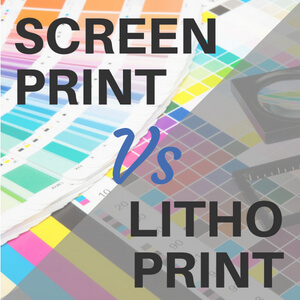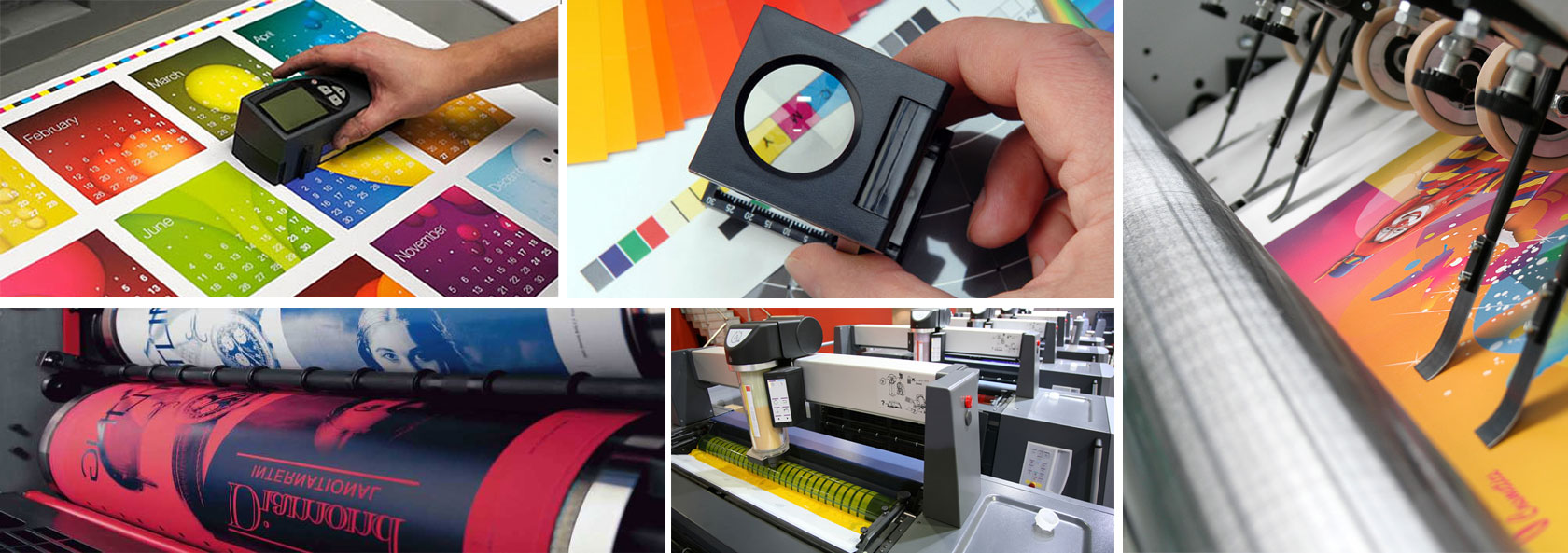The Benefits of Using litho printing for Promotional Prints
The Benefits of Using litho printing for Promotional Prints
Blog Article
A Comprehensive Guide to Comprehending Litho Printing Methods
The globe of litho printing, a technique stemming from the late 18th century, is an interesting blend of history, art, innovation and science. Keep with us as we trip right into the fascinating world of litho printing.
The Historic Evolution of Litho Printing
The historical trajectory of litho printing, a critical technology in the world of communication, is an exciting story of human resourcefulness. Birthed in the late 18th century by Alois Senefelder, this strategy was at first a cost-effective approach of releasing staged works. Lithography, stemmed from the Greek words for 'rock' and 'to create', utilized a smooth stone surface area to transfer images onto paper. The procedure developed with the advent of the rotating press, which greatly increased performance (litho printing). In the 20th century, the innovation of offset lithography reinvented the industry, enabling automation of premium prints. Each stage of litho printing's advancement showcases mankind's relentless quest of effectiveness and high quality in aesthetic communication.
Deciphering the Science Behind Litho Printing Inks
Moving onward in the exploration of litho printing methods, the focus currently changes to the scientific research behind litho printing inks. The make-up of these inks, their drying process, and color mixing methods create the backbone of this complicated art kind. Recognizing these aspects is crucial to mastering the craft and attaining the wanted print outcomes.
Structure of Litho Inks
In lithographic printing, the essential role of litho inks can not be overemphasized. Pigments, the color-providing aspects, are finely ground fragments suspended in the vehicle, a liquid that brings the pigment onto the printing surface area. Each element plays a critical part in the last print's quality, making the precise formula of litho inks an elaborate science.
Ink Drying Process
From the make-up of litho inks, interest turns to the interesting procedure of ink drying out. The drying process is critical, as it influences the last print's top quality and longevity. Two primary techniques are used in litho printing: oxidative drying out and absorption. Oxidative drying involves the ink responding with oxygen airborne to create a hard, dry film. This method gives a durable coating, however can be slower compared to absorption. Absorption, on the other hand, entails the ink leaking right into the paper fibers, which is a much faster procedure however can lead to much less vibrant colors. The option between these methods depends on aspects such as print speed requirements, the paper type utilized, and the preferred surface.
Shade Combining Strategies
While the drying procedure plays an essential duty in litho printing, the science of shade mixing techniques holds equivalent relevance. This is an intricate procedure that involves the cautious blending of primary colors: cyan, magenta, and yellow, in varying proportions to achieve a vast range of shades. The addition of black ink, called 'key', helps in controling the strength and deepness of the shades. The science behind litho printing inks additionally considers the transparency of the ink, which influences just how shades overlay and mix. To achieve an effective shade mix, print experts should likewise comprehend the complexities of ink habits, color theory, and the physical buildings of the substratum on which the ink is applied.
The Art and Design Aspects in Litho Printing
Litho printing takes a breath life into art and style through its one-of-a-kind elements. Litho printing suits a range of colors, making it possible for artists to develop lively and vibrant prints. This combination of precision and adaptability makes litho printing a preferred selection for lots of artists and designers.
Modern Applications of Litho Printing Techniques
Litho printing techniques have found extensive usage in the contemporary commercial field. Its impact and relevance proceed to grow with the arrival of brand-new developments and modern technologies in the field. This section will certainly check out these modern applications and the transformative duty they play in the printing industry.
Industrial Litho Printing Utilizes
In today's digital age, one might question the relevance of traditional printing approaches. Yet, litho printing stays a critical part of the commercial market. High-volume printing tasks, such as the manufacturing of publications, papers, and packaging, rely upon litho printing for its ability to deliver superior image top quality and cost efficiency. The process, which includes transferring a tattooed photo from a plate onto a rubber covering and after that to the printing surface area, provides unequaled uniformity. This makes it perfect for work needing a large print run. Litho printing additionally gives a wide color range, above that of digital internet printing. This makes it the go-to selection for projects that require vivid, top notch shade recreation.
Technologies in Litho Printing
Pressing the boundaries of typical techniques, contemporary innovations have sustained a host of advancements in litho printing. One noticeable advancement is electronic litho printing, which integrates the virtues of electronic modern technology with litho's top quality outcome. These innovations underscore the long-lasting relevance of litho printing in the contemporary globe.
Checking out the Process of Litho Printing: Detailed

Difficulties and Solutions in Contemporary Litho Printing

Regardless of the precision and custom that litho printing proudly promotes, it is not without its set of modern obstacles. Digital litho printing enables for economical brief runs and simple modification, addressing the problem of variable data. Therefore, while there are challenges, the litho printing sector is proactively adjusting to fulfill them head-on, ensuring its significance in the future.
Final thought
In conclusion, litho printing, with its abundant background and clinical complexities, holds a substantial area in the print industry. As the guide discloses, it's a synthesis of art and technology, with modern-day developments guaranteeing its importance. Nevertheless, the sector deals with challenges that need ingenious services, with a concentrate on automation and sustainability. The future of litho printing pivots on its capacity to adjust to these altering needs, verifying its long-lasting value in a progressing market.

Report this page